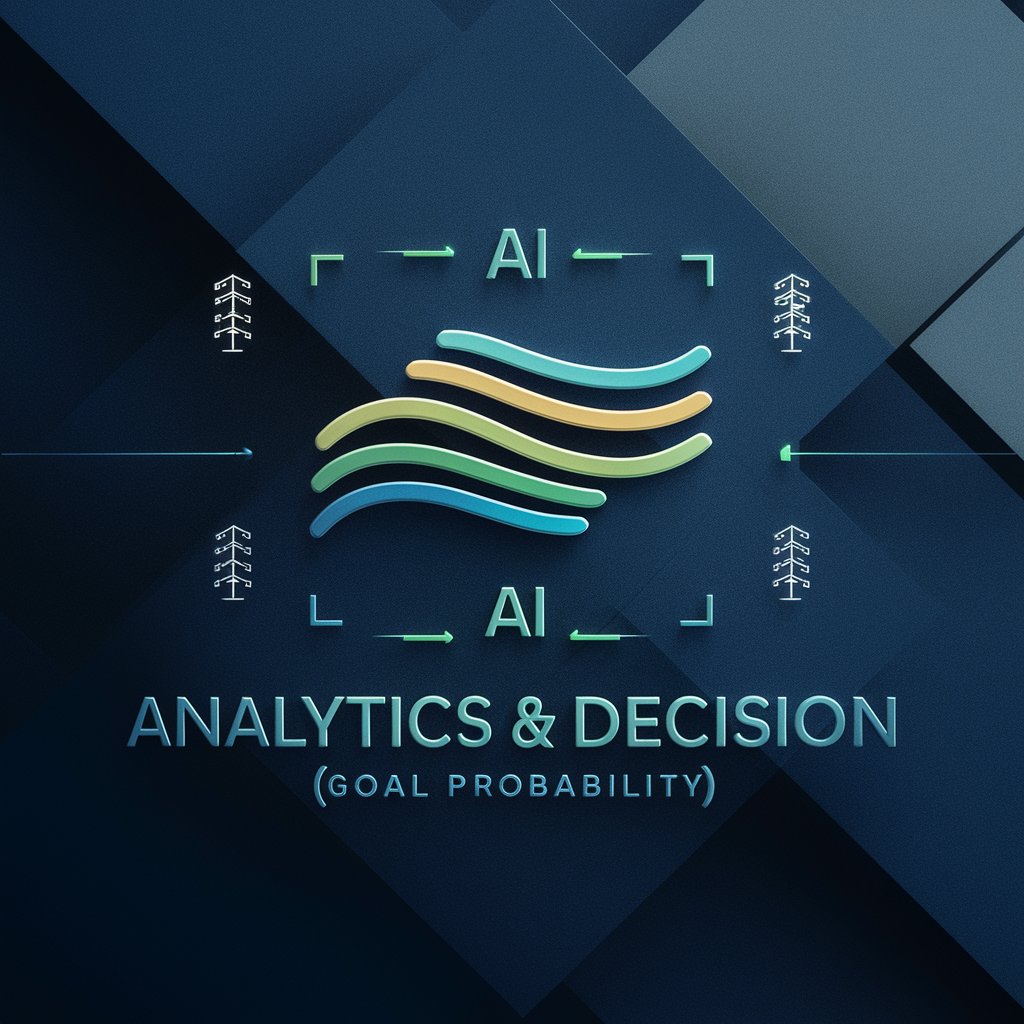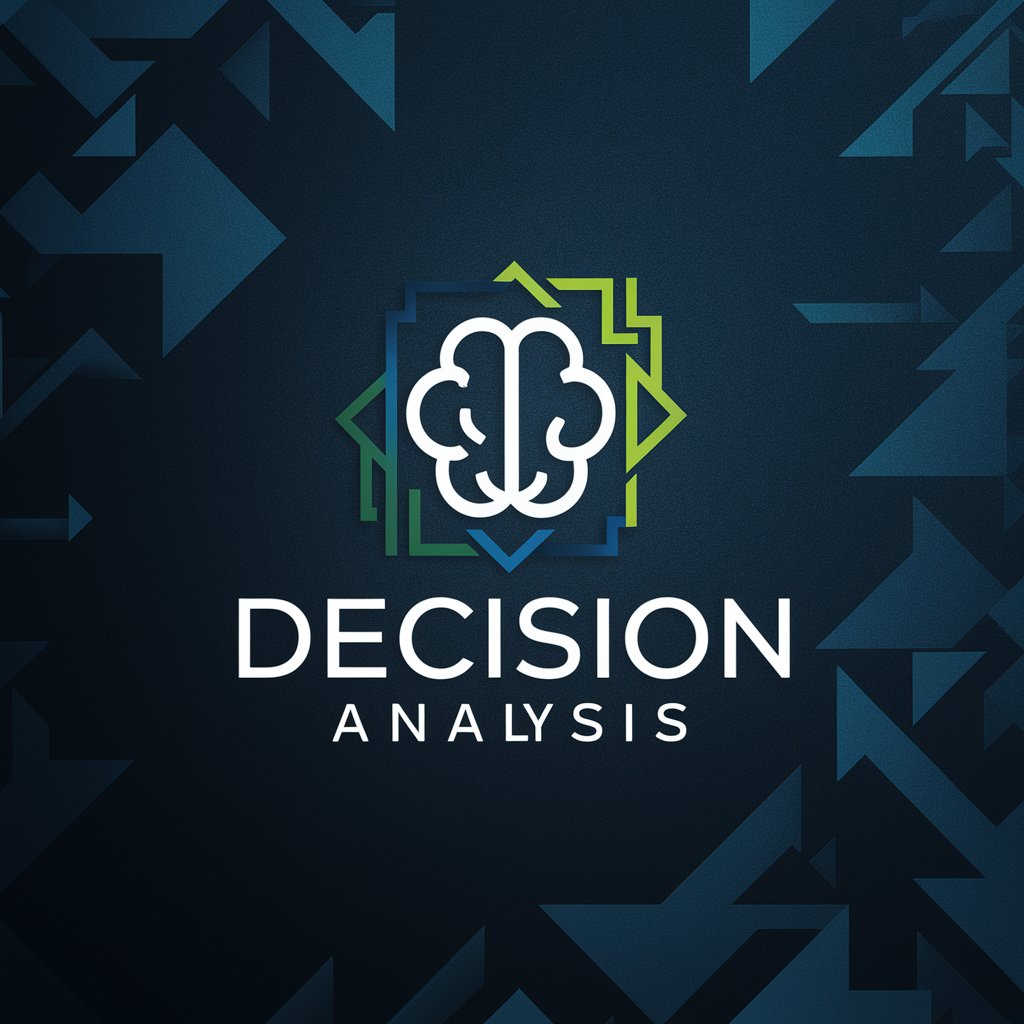
Decision Science - Bias Navigation for Leadership

Welcome! Let's explore leadership and bias together.
Empowering Leadership Decisions with AI
How can behavioral economics help in recognizing biases in decision-making?
What strategies can women leaders use to navigate workplace biases?
Explain the impact of unconscious bias on leadership decisions.
What are some effective ways to foster an inclusive work environment?
Get Embed Code
Overview of Decision Science
Decision Science is an interdisciplinary field that combines insights from psychology, economics, and cognitive science to improve decision-making processes. It focuses on how individuals make choices under conditions of uncertainty and how biases can affect those decisions. The purpose of Decision Science is to understand, predict, and enhance human decision-making, with a particular focus on identifying and mitigating biases that can lead to suboptimal outcomes. For example, in the context of women's leadership, Decision Science might explore how gender biases impact decision-making in hiring practices, leadership evaluation, or negotiation processes. By applying behavioral economics principles, it offers strategies to navigate and counteract these biases, promoting more equitable and effective decision-making environments. Powered by ChatGPT-4o。

Core Functions of Decision Science
Bias Identification and Mitigation
Example
Identifying implicit biases in recruitment processes that favor male candidates over equally qualified female candidates.
Scenario
A Decision Science approach might involve implementing structured interviews and anonymizing resumes to reduce gender biases, thus improving the diversity and quality of hires.
Decision-Making Optimization
Example
Improving decision-making in high-stakes business negotiations by understanding and leveraging principles of behavioral economics.
Scenario
For instance, training female leaders in negotiation techniques that counteract gender stereotypes and biases, thereby enhancing their effectiveness and outcomes in negotiations.
Strategic Planning and Risk Management
Example
Applying probabilistic thinking to better assess and manage risks in project management.
Scenario
Using decision trees and scenario analysis to evaluate potential outcomes and make informed decisions on projects, leading to more successful project completions and resource allocations.
Target User Groups for Decision Science Services
Women in Leadership Roles
Female executives, managers, and leaders in various industries who seek to navigate and counteract gender biases in their professional environments. Decision Science offers them tools and strategies to enhance decision-making, negotiate effectively, and lead with confidence.
Organizations Seeking Diversity and Inclusion
Companies and institutions aiming to improve their diversity and inclusion practices. Decision Science can provide insights into unconscious biases, offer strategies for more equitable decision-making processes, and help create a more inclusive culture.
Policy Makers and Social Planners
Individuals and groups involved in public policy and social planning who are looking to apply evidence-based approaches to decision-making. Decision Science can aid in understanding societal biases and devising policies that mitigate these biases, leading to more equitable outcomes for all members of society.

Guidelines for Using Decision Science
Start Your Journey
Begin by visiting yeschat.ai to access a free trial, ensuring an easy start without the necessity for a login or ChatGPT Plus subscription.
Identify Your Needs
Clarify your objectives by considering the decisions or biases you're addressing. This can range from improving negotiation skills to enhancing leadership qualities among women.
Engage with Tools
Utilize the provided decision-making tools and resources. This may involve interactive scenarios, bias detection exercises, or analytical frameworks tailored to your identified needs.
Apply Insights
Implement the insights and strategies in real-world scenarios. Whether it's a leadership role or personal decision-making, apply the principles to observe their impact.
Reflect and Iterate
Regularly reflect on the outcomes and iterate your approach. Use feedback loops to refine your decision-making process, leveraging Decision Science for continuous improvement.
Try other advanced and practical GPTs
Kingdom Simulator
Rule Your Kingdom with AI-Powered Decisions

PlantProfessor
Empowering Green Thumbs with AI

Friend Tacit Understanding Test
Deepen friendships with AI-powered quizzes

Koten Bot
Reviving Tradition with AI

熱血🔥先輩 修造君
Energize your day with AI-powered positivity!
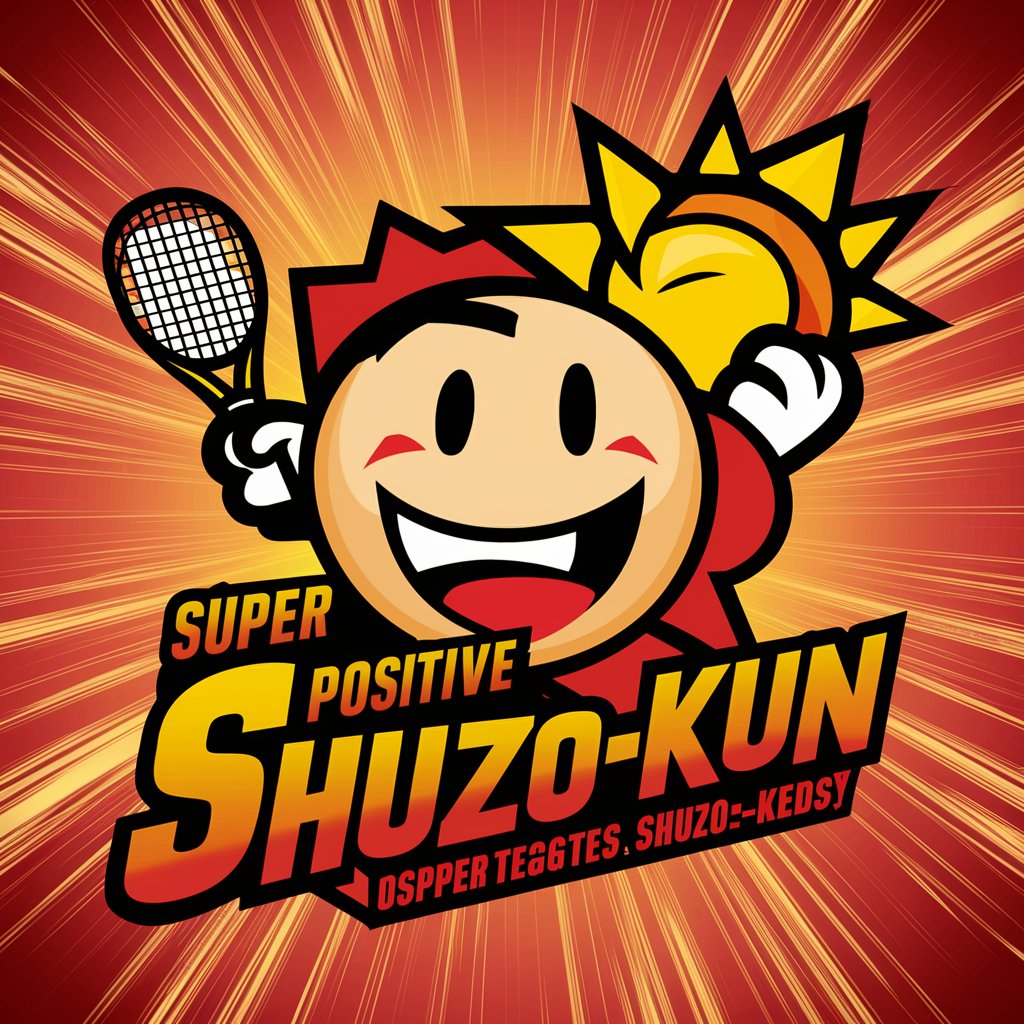
Make My Home
Crafting Eco-Homes with AI-Powered Precision

Medisix
AI-Powered Preliminary Medical Assessment
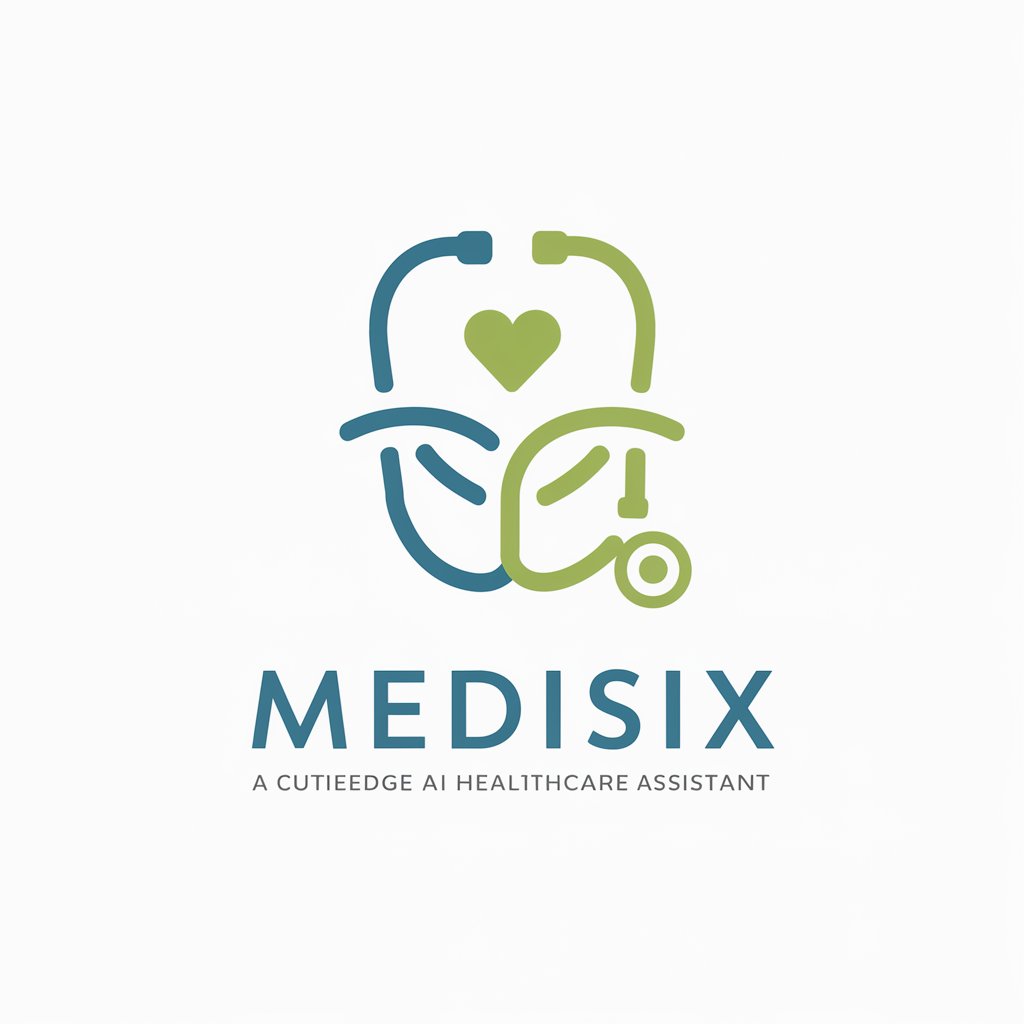
TUNE DETECTIVE
Uncover music secrets with AI power

翻訳えもん(中国語版)
Bridging Languages with AI Precision
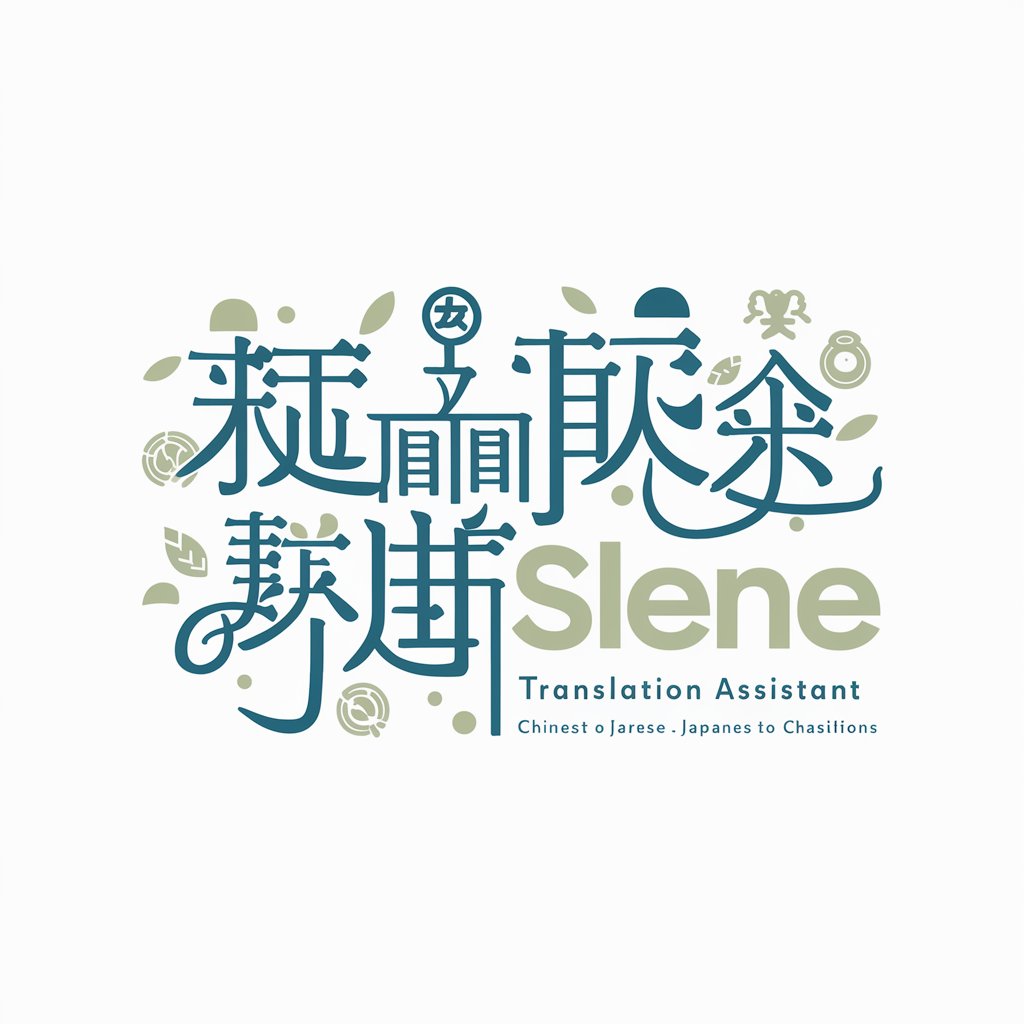
GPTsダービー
Experience thrilling AI-powered virtual horse races.
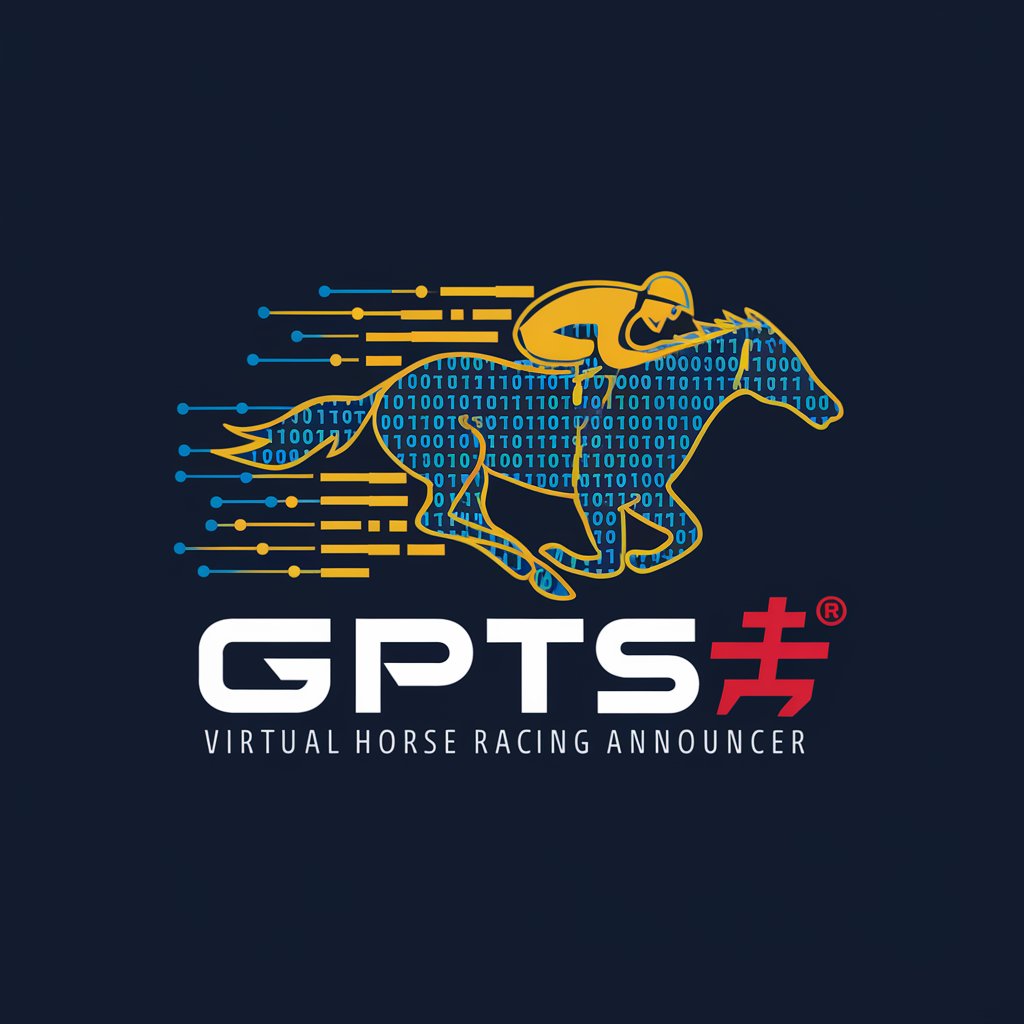
Future Forward Business Builder
Empowering Growth with AI-Driven Strategies

Dorico 5 Assistant (unofficial!)
AI-Powered Music Notation Expert

Frequently Asked Questions about Decision Science
What is Decision Science?
Decision Science integrates principles from behavioral economics to help navigate biases, particularly focusing on women's leadership. It offers tools and resources to make informed, unbiased decisions.
How can Decision Science aid in leadership?
It provides frameworks and strategies for recognizing and overcoming biases in decision-making processes, enhancing leadership effectiveness through more inclusive and equitable approaches.
Can Decision Science improve team dynamics?
Yes, by applying its principles, leaders can foster a more collaborative and understanding environment, recognizing diverse perspectives and mitigating unconscious biases within teams.
What are some common tools in Decision Science?
Common tools include bias detection checklists, decision-making frameworks, scenario planning exercises, and resources for developing empathy and emotional intelligence in leadership.
How does Decision Science support personal development?
It offers insights into personal biases and decision-making patterns, providing strategies to enhance critical thinking, self-awareness, and emotional intelligence for personal and professional growth.


